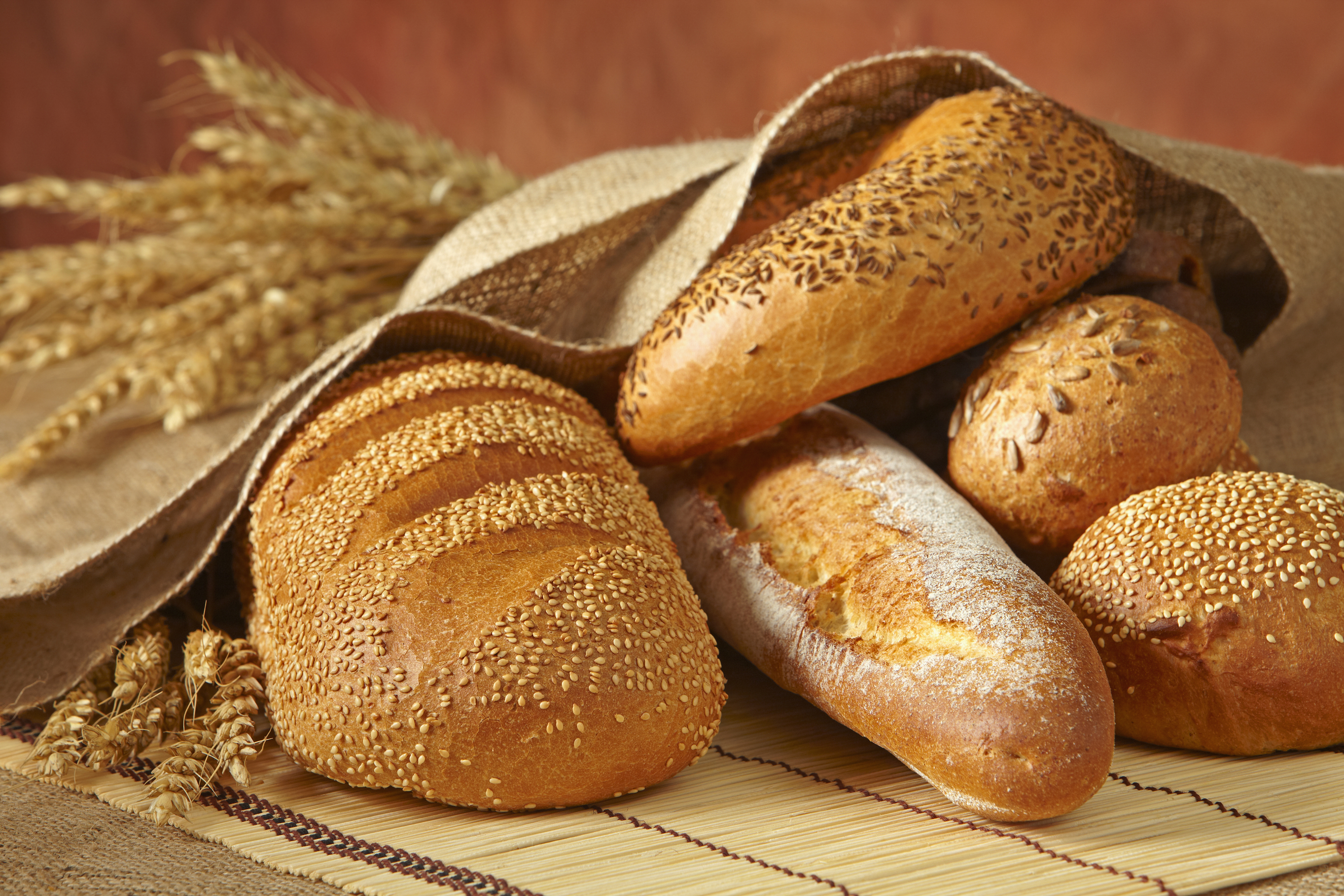Using the plant pigment anthocyanin, scientists have found a way to cause the sugars in bread to be digested at a slower rate than regular white bread, which in turn helps improve blood-glucose control.
A team of food scientists from the National University of Singapore (NUS) has successfully formulated a recipe for making healthier bread by adding a natural plant pigment, called anthocyanin, extracted from black rice. This new bread option gets digested at a slower rate – hence improving blood glucose control – and is high in antioxidants, among other health benefits. This is the first study where anthocyanin extract has been fortified into a bread product, and the findings open up new possibilities of creating healthier, diabetic-friendly food products.
Bread is a popular staple food for many people around the world. Most bread contain a high amount of rapidly digestible starch, and hence many of them have a high glycemic index. Food high on the glycemic index are rapidly digested and absorbed into the bloodstream quickly, causing a sharp increase in blood sugar levels and making them unsuitable for diabetic patients. In addition, rapid digestion of bread may result in people consuming more bread than required to make up the hungry feel. The excessive consumption of bread could increase the risk of overweight and obesity, and their associated diseases, such as Type II diabetes.
The anthocyanin-fortified bread created by NUS researchers could potentially bring health benefits to consumers looking for a healthier option to normal bread. The findings of the study were published in the journal Food Chemistry in October 2015.
Fortifying bread with anthocyanins
Anthocyanins belong to the group of flavonoids that are naturally occurring pigments in fruits and vegetables, and are responsible for the orange, red, violet, and blue colours observed in nature. Fruits, such as blueberries, grapes, blackberries, as well as grains and vegetables like black rice and purple sweet potatoes, are naturally rich in anthocyanins.
Scientific studies have shown that anthocyanins are rich in antioxidant properties and may help prevent cardiovascular and neurological diseases, cancer, and inflammation. Anthocyanins are also known to play a role in controlling obesity and diabetes as they can inhibit digestive enzymes and hence reducing blood glucose levels.
Source: newswise.com
